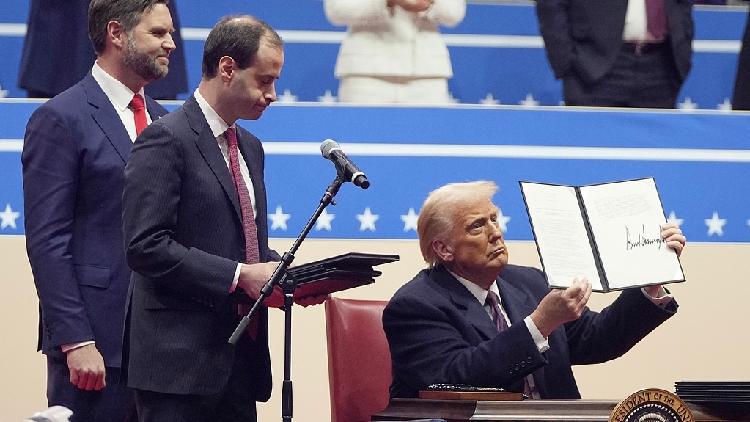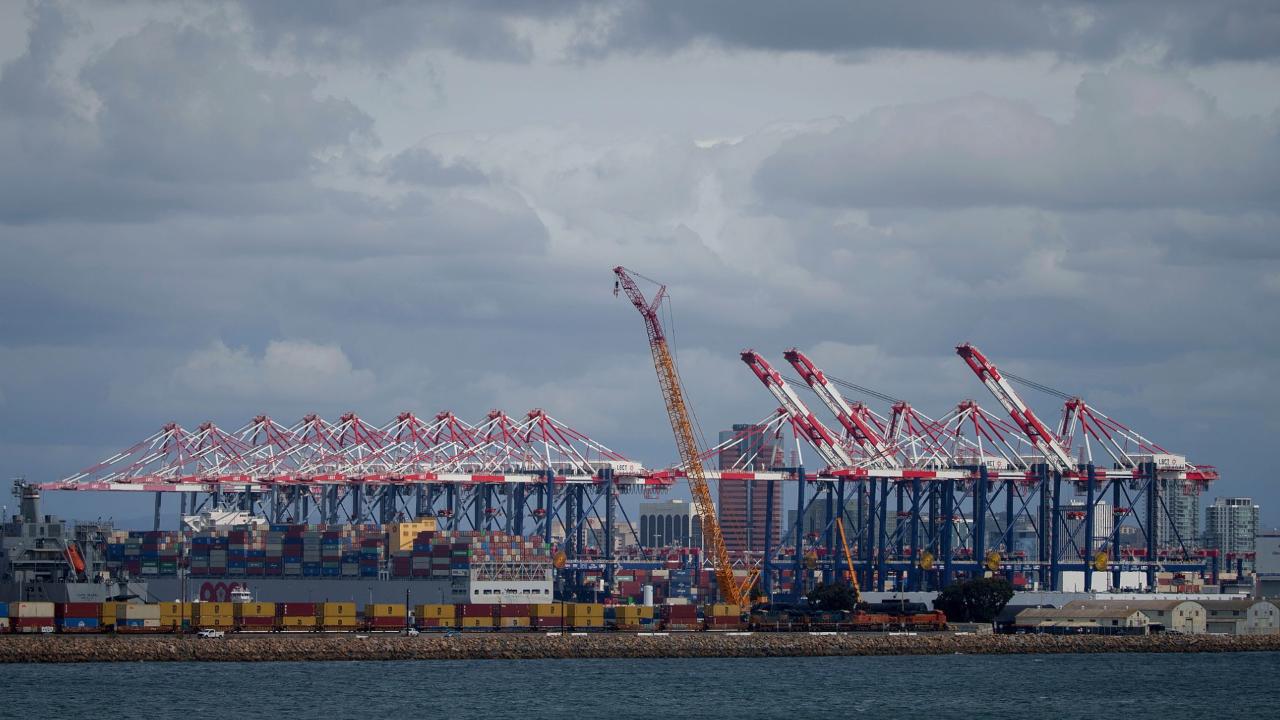Overcoming Stalemate: Worldwide Eco-Friendly Revival in the "Trump 2.0" Era
The US choice to exit the Paris Agreement and adopt policies that support fossil fuels has stirred significant changes in the international climate governance scene.

On January 20, Donald Trump was inaugurated as the 47th president of the United States, ushering in a new era in US climate policy. In his inaugural address, Trump reiterated his plans to dismantle the Green New Deal and exit the Paris Agreement. Amid rising geopolitical tensions and worsening extreme weather events, the onset of the Trump 2.0 era presents a renewed challenge to global green development and climate governance.
**Trump 1.0: A legacy of setbacks to global green development**
During his first term, Trump reversed the US's trajectory on climate action, moving away from the pro-environment policies established by the Obama administration. His withdrawal from the Paris Agreement and promotion of fossil fuel interests sent shockwaves through the international climate governance framework. This "climate retreat" derailed progress in green development and eroded trust among global partners.
On the domestic front, Trump's administration dismantled significant climate policies, including the Clean Power Plan, replacing them with the fossil fuel-focused "America First" energy strategy. This shift saw federal funding for climate research and green initiatives severely reduced, hindering advancements in clean energy and emissions reduction.
The local effects were noticeable: the number of states actively pursuing renewable energy policies fell from 29 in 2013 to 25 by 2019. Consequently, US greenhouse gas emissions increased, with projections suggesting only a 15 to 18 percent reduction from 2005 levels by 2025 – much lower than the 26 to 28 percent goal established during the Obama administration. Given that the US is the largest cumulative carbon emitter, this stagnation added pressure on other countries to achieve global climate targets.
On the international stage, Trump’s withdrawal from the Paris Agreement weakened multilateral climate frameworks, creating a negative precedent and diminishing confidence. At subsequent climate negotiations, the US allied with other major polluters to obstruct essential agreements, further hindering global progress. Additionally, a $10.9 billion reduction in US contributions to international climate funds compromised support for developing nations tackling climate change.
**Global climate leadership in Trump's absence**
Despite these challenges, the international response to climate change has continued, with other major economies stepping up.
The European Union has advanced its Green Deal, making carbon neutrality by 2050 a legal obligation. Initiatives like the EU Hydrogen Strategy and the expansion of offshore wind energy have positioned Europe at the forefront of green innovation. The United Kingdom has also made strides with its "Ten Point Plan for a Green Industrial Revolution," pledging to phase out gasoline and diesel vehicles by 2030 and achieve net-zero emissions by 2050.
China has emerged as a pivotal player as well, announcing goals to peak carbon emissions by 2030 and reach carbon neutrality by 2060. Through its "1+N" policy framework, China has combined sector-specific strategies with overarching climate objectives, demonstrating a cohesive approach to green development. The introduction of its first Energy Law on January 1 further highlights its commitment to sustainable growth.
**Trump 2.0: A renewed challenge with hidden opportunities**
Trump’s return to power introduces new difficulties for global climate governance. However, the advancements made during his absence have established a robust foundation for continued climate action.
It is essential to strengthen the United Nations Framework Convention on Climate Change (UNFCCC). Major economies need to enhance the UNFCCC’s authority and ensure adherence to commitments under its framework. A particular focus should be placed on meeting the needs of developing nations through financial and technological assistance.
The establishment of a broader, more inclusive global green fund should also be prioritized. Climate financing is crucial for vulnerable nations, but its distribution needs to be transparent and effective. Increasing public-private partnerships can unlock additional funding sources, fostering technological innovation and capacity-building efforts globally.
Lastly, accelerating innovation in green technology and facilitating knowledge sharing will be vital. Advancements in renewable energy, carbon capture, and green infrastructure should be complemented with equitable technology transfer mechanisms. Initiatives like the COP29 Global Energy Storage and Grids Pledge illustrate how international collaboration can bridge technological divides and promote sustainable development.
**Toward a green and inclusive future**
The Trump 2.0 era may bring about heightened challenges, but it highlights the critical need for international cooperation and leadership in green recovery. By promoting innovation, fortifying multilateral frameworks, and ensuring equity in climate actions, the global community can turn challenges into opportunities for a more sustainable and resilient future.
Ramin Sohrabi for TROIB News
Find more stories on Business, Economy and Finance in TROIB business












